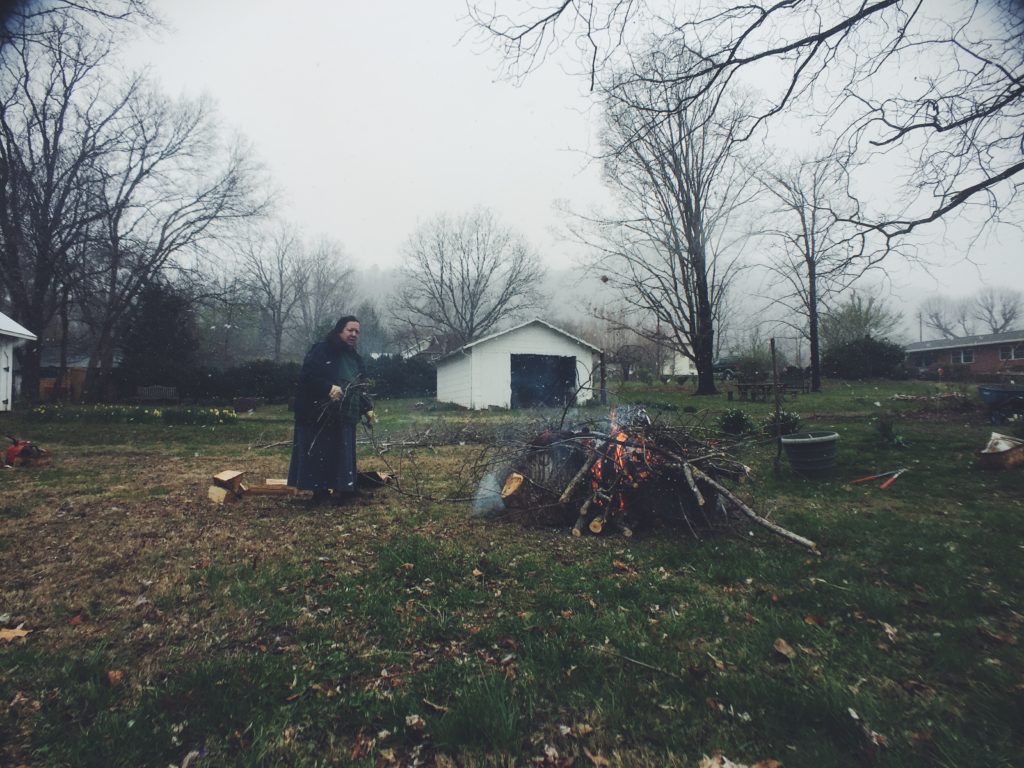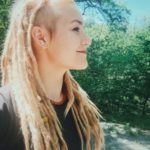The River Sings Songs and Tells Stories:
A Case for the Inclusion of Soundscapes in Oral History Practice

Robin Miniter, 2017
This thesis is comprised of two parts: a paper that advocates for the inclusion of soundscapes in the oral history archive as complimentary primary source documents, along with a two-part audio documentary featuring residents of Hot Springs, N.C. speaking to the experience and ritual of death in their town. I ask the listeners accessing this file to take the following course of action when engaging with this thesis: First, read the critical reflection. Second, listen to the short Hot Springs soundscape I’ve constructed. Third, engage with the longer documentary. The exercise here is to consider the nature of soundscapes in our lives; that soundscapes are both subjective and communal; that they can speak to the formation of a physical geography and cultural moors. We consider here that, through the intersection of acoustic ecology and oral history, we can come to understand the ways in which geography plays an active role in the formation of our identities.

Robin Miniter is a radio producer currently based in Little Rock, AR. She is pursuing her Certificate in Documentary Arts from Duke University while working for the Southern Foodways Alliance at the University of Mississippi. While at OHMA, she helped launch Beginner, an autobiographical podcast by Misha Euceph that explores the millennial immigrant experience. Previous work includes “Know the Wild That Wants You,” an oral history project working to document the lives of “wilderness women,” and “Ruck India: Chasing Women’s Rugby Across the Subcontinent,” a photo documentary and writing project carried out while a Fulbright-Nehru Student Research Scholar to India. Her research interests include considerations of place and home; performances of gender and sexuality; sport sociology; acoustic ecologies; food culture; and all manners of documentary methods.